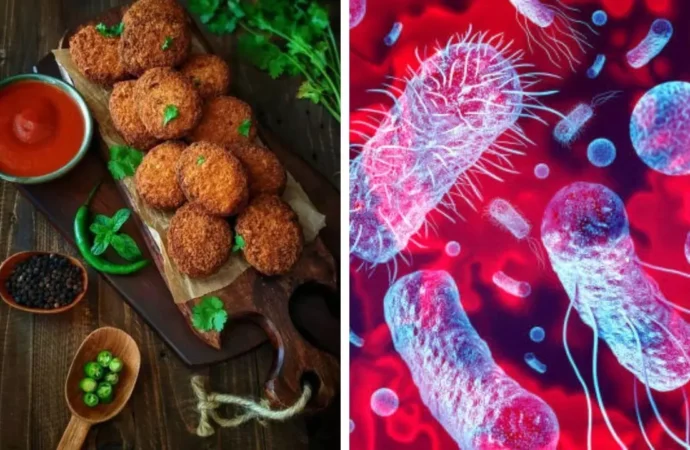The U.S. Department of Agriculture (USDA) has announced a recall of almost 10 million pounds of ready-to-eat meat and poultry products over potential Listeria contamination. BrucePac, the manufacturer of these pre-cooked meat items, voluntarily initiated the recall after determining that products distributed between June and October could pose health risks to consumers.
These ready-to-eat products have been shipped to restaurants, grocery stores, and directly to consumers nationwide. The USDA has classified the recall as a Class 1, indicating the highest potential for adverse health effects.
Health Risks of Listeria
Listeria monocytogenes, the bacterium responsible for listeriosis, can lead to severe health issues characterized by symptoms such as fever, chills, and headache. Pregnant women and individuals with weakened immune systems are particularly vulnerable to severe infections.
What Products Are Affected?
The recall affects approximately 70 products manufactured by BrucePac, including pre-cooked chicken strips, chicken patties, and chopped or diced chicken. Health officials strongly advise consumers to discard any recalled items to avoid serious health complications.
Symptoms of Listeria Infection
Symptoms of a mild Listeria infection can include diarrhoea, fever, headache, and muscle aches, typically appearing within a few days. However, severe symptoms may manifest as:
- High fever
- Flu-like symptoms (muscle aches, fatigue)
- Stiff neck
- Confusion or loss of balance
- Seizures
- Complications in pregnancy, such as miscarriage or stillbirth
- Death
FSIS (The Food Safety and Inspection Service), urges those in high-risk groups who experience flu-like symptoms within two months of consuming contaminated food to seek medical attention promptly.
Common Sources of Listeria
Listeria is commonly found in various contaminated foods, including:
- Hot dogs
- Deli meats
- Fresh vegetables
- Fresh fruits, particularly melons
- Unpasteurized dairy products
These items carry a higher risk of L. monocytogenes contamination, but it can affect any improperly handled or prepared food. Notably, contaminated food may not exhibit any changes in smell, taste, or texture.
Treating Listeriosis
Antibiotics prescribed by healthcare professionals are the most effective treatment for listeriosis. Common antibiotics used include:
- Bacter-Aid DS
- Ampicillin
Additionally, healthcare providers may prescribe medication to alleviate specific symptoms such as nausea and vomiting. Individuals with mild symptoms may not require treatment.
Source: Times Now
 Food Manifest
Food Manifest 


















